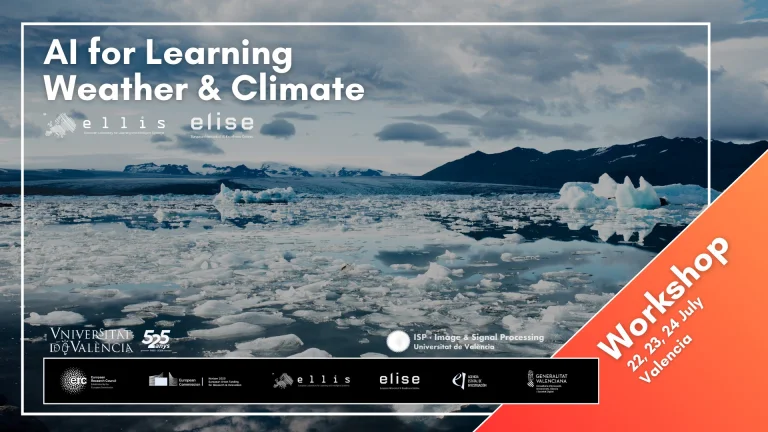



ELLIS/ELISE Workshop Insights: “With advances in AI, we have better tools to act against the climate crisis”
Valencia, July 22, 2024 – AI-based tools are revolutionizing Earth and climate sciences, how we do weather forecast and the way humans analyze and respond to extreme climate events such as droughts, forest fires, heat waves, floods and climate-induced migrations. According to Camps-Valls, professor at the University of Valencia, "every advance in our understanding and response capacity can make a significant difference for vulnerable communities around the planet."
Camps-Valls is a member of the organizing committee of the ““ELLIS/ELISE AI for Learning Weather and Climate” workshop that is held from July 22-24 in Valencia (Spain). International scientists and experts in AI and Machine Learning meet to discuss recent advances in AI for weather prediction, climate emulation and Earth system modeling. The conference is held under the framework of ELLIS (European Laboratory for Learning and Intelligent Systems) and the EU-funded ELISE project (European Network of AI Excellence Centres), which allows international collaboration and interdisciplinarity to be articulated. Scientists from the Technical University of Munich, CERN, University of Bologna, German Space Agency (DLR), and INRIA will participate, among others.
During these days, explains Camps-Valls, the work of the participants will go beyond academic challenges. To give an example, one of the objectives of the workshop will be to develop AI-based systems that are generic (the so-called foundation models), early warning systems that integrate a large amount of data, and the improvement of algorithms that facilitate interaction with untrained users, from agencies to the general public.
AI beyond ChatGPT
The workshop focuses on generative AI models like ChatGPT but developed (and therefore trained) with satellite images, weather data and climate model simulations, not just text. However, these foundational models, although multimodal, lack desirable characteristics such as interpretability, consistency, scrutiny, and robustness. These are desirable characteristics in any automatic system, even more so in a context in which AI not only predicts but also suggests climate adaptation and mitigation actions. In recent years, Prof. Camps-Valls' group (Image and Signal Processing) has developed three main lines of work: encoding knowledge through Machine Learning, understanding representation and prediction models, and learning causal relationships from observational data. This approach allows the extraction of complex relationships between climate and environmental variables, providing deeper insight into how and why these events occur. Its understanding, Camps-Valls indicates, is essential for developing mitigation and adaptation strategies.
Reclaiming science
For Camps-Valls, this type of conference serves to vindicate the importance of science and technology in the diagnosis, analysis and search for effective solutions to the problems that humanity is going through: "Our objective is to better use Artificial Intelligence, not only for prediction, but to offer practical solutions that serve to protect resources, people and ecosystems."
According to the organizers, this workshop also puts on the table the need for coordinated and scientifically based action at a global level in the face of the climate crisis.
More information
Visit the workshop website.
Contact
Iván Sánchez López
Tècnic Comunicación ISP
Phone: +34 651 738 100
Email: ivan.sanchez-lopez@uv.es
www.isp.uv.es
About ISP
Our vision is to develop novel artificial intelligence (AI) methods to model and understand complex systems, and more specifically the visual brain, Earth and climate systems, and their human interactions. Our approach to signal, image, and vision processing combines statistical learning theory with the understanding of the underlying physics, processes and biological vision. The problems posed in these disciplines require similar mathematical tools, where model inversion, uncertainty estimation, and causal inference play a central role. Our research on AI pivots around three main pillars: encoding domain knowledge in machine learning, understanding model representations and predictions, as well as learning causal relations from observational data. Find out more in https://isp.uv.es/index.html or https://twitter.com/isp_uv_es on X.
About ELLIS and ELISE
Learn more about the ELLIS Program ‘Machine Learning for Earth and Climate Sciences’ and its members here. An overview of all ELLIS programs is available here.
The EU-funded ELISE project is a network of artificial intelligence research hubs. Based on the highest level research, it spreads its knowledge and methods in academia, industry and society. Find out more about its activities on this website and on X.
ELLIS is a pan-European AI network of excellence. It builds upon machine learning as the driver for modern AI and aims to secure lasting international leadership of AI made in Europe by connecting top researchers in this field and by creating a multi-centric AI research laboratory connecting world-class AI research institutions in Europe. Find more information here. To stay up to date on the latest news from the network, follow ELLIS on X, LinkedIn, Mastodon and Facebook, and subscribe to the monthly ELLIS email newsletter.
